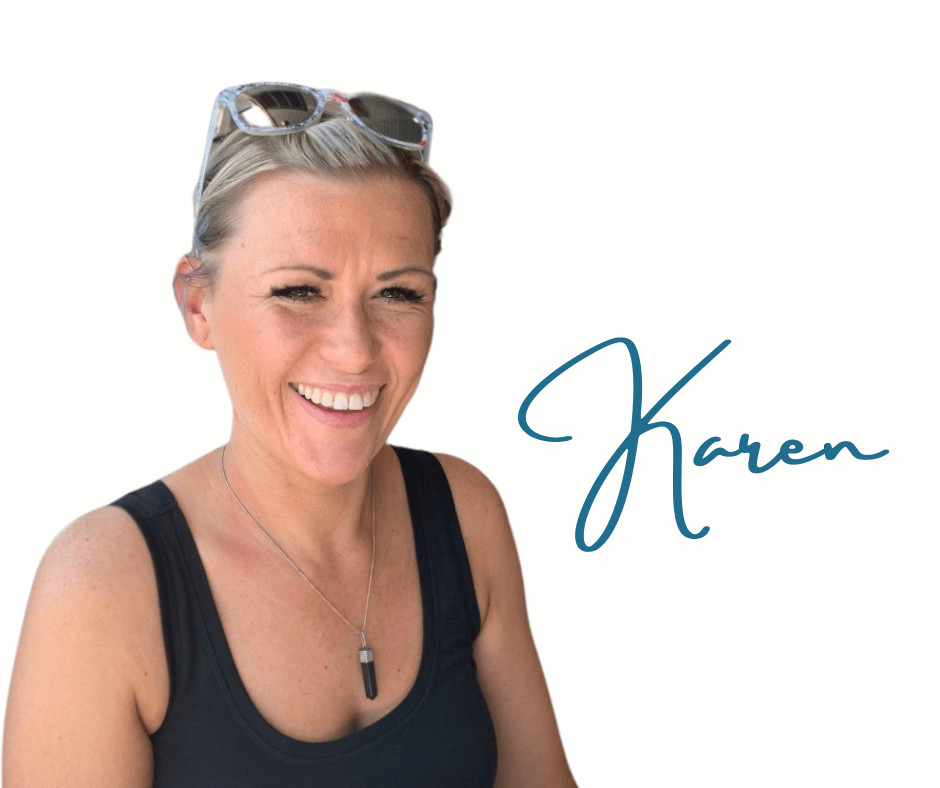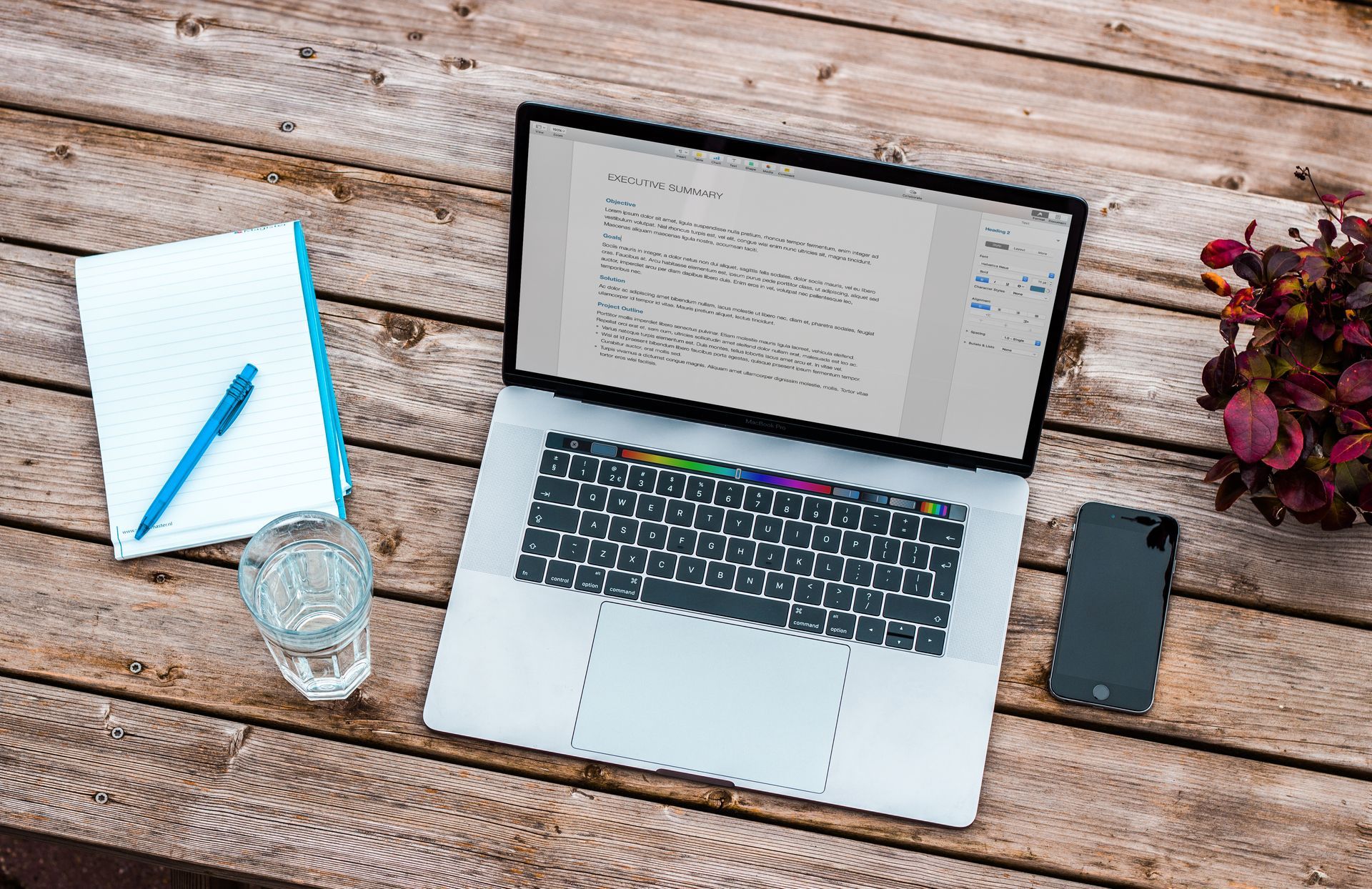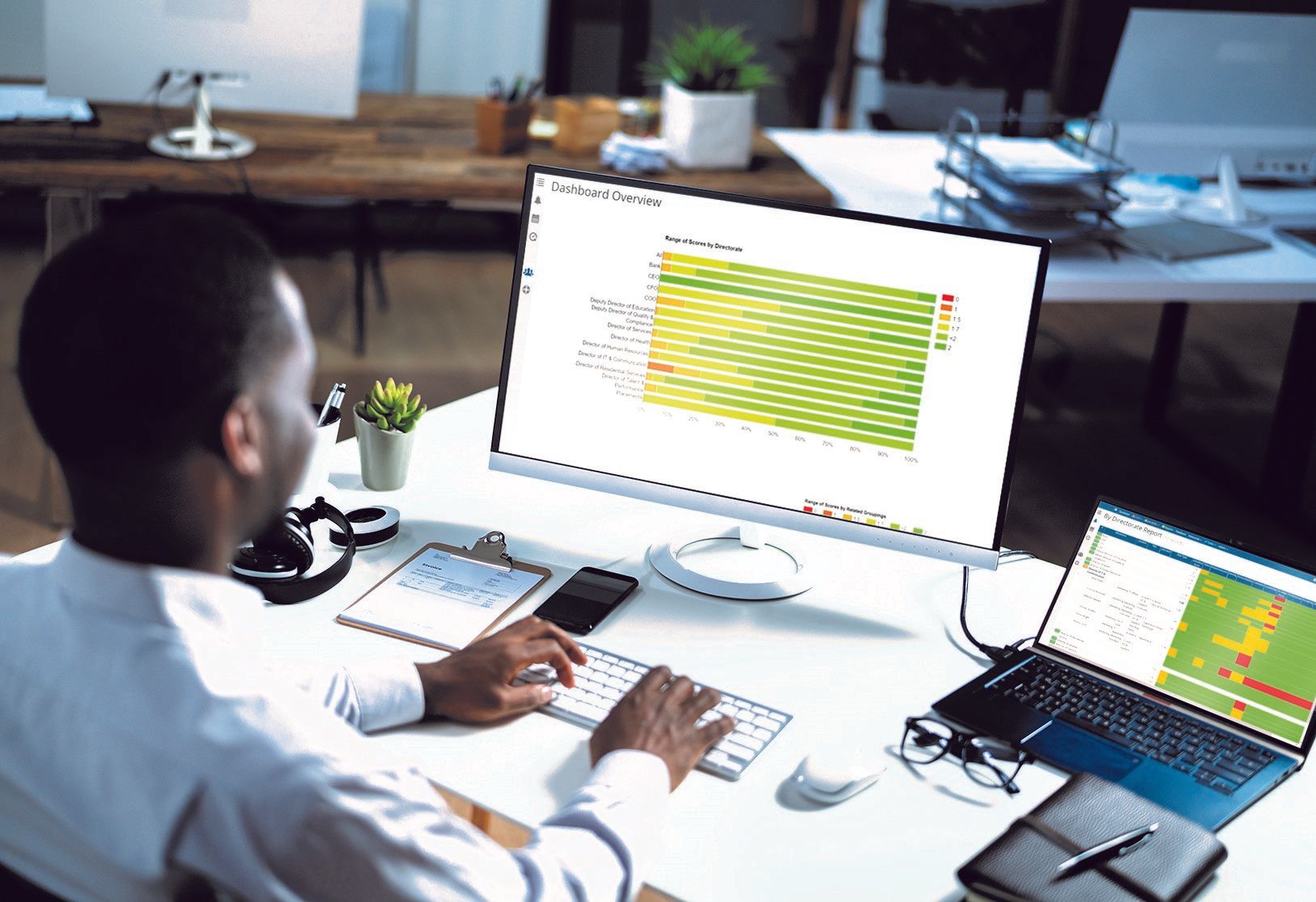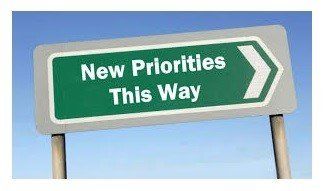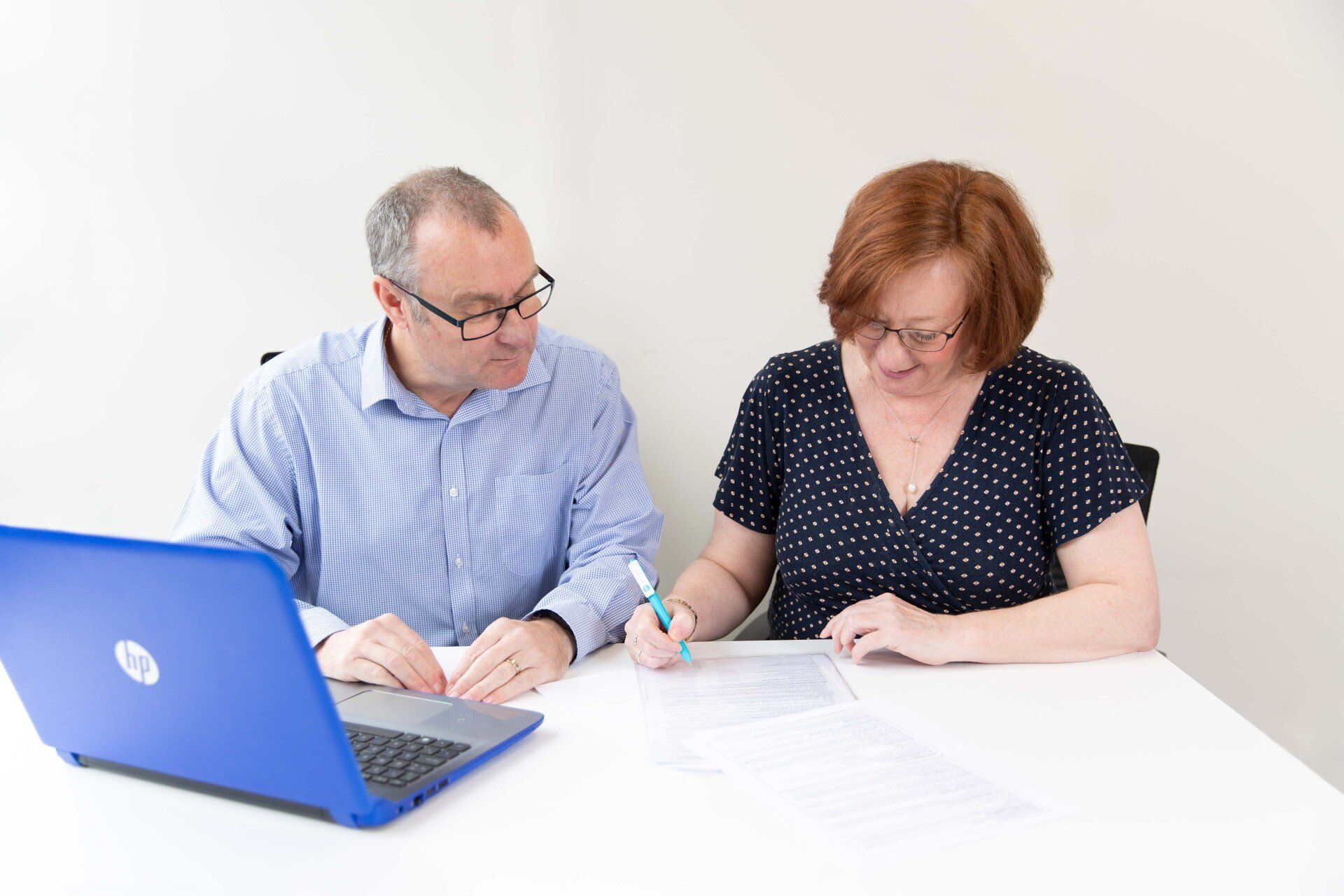Mental Health Awareness Week 2022
May 9, 2022
Mental Health Awareness Week
This week is Mental Health Awareness Week and I wanted to share my story.
My core belief and something I advocate daily is ‘Invest in you.’
Investing in you is about investing in your body, mind and personal growth. What you put into your body and your mind affects your day, your week, your life.
I learnt this the hard way, in my late teens, early 20’s I started to suffer with chronic stomach issues – a side effect of long-term antibiotic use, and from an early age - a chronic bladder condition which wasn’t taken seriously until 3 years ago. In between all of this I had chronic urticaria, major food sensitivities, IBS and the most paralysing – PMDD.
What is PMDD?
‘Premenstrual dysphoric disorder (PMDD) is a very severe form of premenstrual syndrome (PMS). It causes a range of emotional and physical symptoms every month during the week or two before your period. It is sometimes referred to as 'severe PMS'.’ NHS
However, it’s so much more than period pain, although the physical symptoms are incredibly testing, the emotional ones are something else. Mood swings, feeling tearful, zero energy, overwhelm, irritability, difficulty concentrating, paranoia, loneliness. Feeling suicidal is a common symptom I fortunately didn’t experience, but I did find myself wanting to ‘run away’ from my own life. I could never explain to anyone how I felt in the moment because it didn’t make sense to me. I hid it away the best that I could, so no one really knew about it.
The thing about PMDD is that it isn’t constant, it tends to last 1-2 weeks on a monthly cycle, so in between I felt like me, my ‘normal’ self. Luckily, this is how I realised something was up. I often think about people in deep depression, it’s worth considering that perhaps they don’t realise they are there.
All I know is that when I felt my worst, it was very real. I wasn’t after sympathy or attention, I wanted to retreat into the shadows, but life must go on and you are forced to be your normal ‘happy’ self even when you don’t feel it inside. You do it for the people around you.
The advice to ‘speak out’ ‘talk to someone’ is great advice, but I don’t think it’s as clear cut as that. When I was deep in it, I didn’t want to talk to anyone about it, I just wanted to feel normal, so I acted normal where possible – better to brush it under the carpet, it’s not real that way. I can talk about it now, easily, but I’m in a much better place mentally and physically. In hindsight - of course it would have been better to speak out, but I didn’t know how to.
When people tell us their problems, we have a human instinct to want to fix them, and this isn’t always helpful. Often the people giving advice, haven’t been there, and of course we are all different. I don’t think there’s a single person who goes through life without adversity or struggle in something.
Having someone just ‘listen’ and ask questions is much more supportive. Simply opening this type of conversation can help suffers recognise something they didn’t see before. When it comes to mental health, recognising how you feel and what triggers it, is absolute key to recovery.
For someone that struggles with their mental health just getting up in the morning may be a mammoth task, let alone going to work. It’s worth explaining to your employer that you suffer with X, though not always easy. You don’t have to go into details but make them aware of it.
A good employer will ask ‘What can we do to help?’ I never did this, just suffered in silence, and struggled on but perhaps a couple of days working from home would have helped, or some assistance from another colleague with projects whilst I transitioned each month.
You could think about bonus’s – would this person benefit from a monthly massage or fitness class or a team building night out bowling for instance? Or a monthly ‘help the community’ day could give them a sense of purpose again.
The key element to my recovery was never drugs, it was health and wellness which brings me full circle. Investing in yourself is the most important thing you can do, particularly when it comes to your mental health. I did that and it’s been a long process that hasn’t come without challenges but hand on heart it has always been the best investment I’ve ever made and will continue to invest in.
We must all learn how to be more compassionate, whether as an employer, a colleague, family member or a friend. We all suffer adversities in life, adversities that can either make or break us - it’s important to remember there are many roads in life, some of us may be starting our journey, some of us may have taken the long bumpy route but ultimately, we all have the same destination, and we reach it at different times in different ways. It’s important to remember that.
